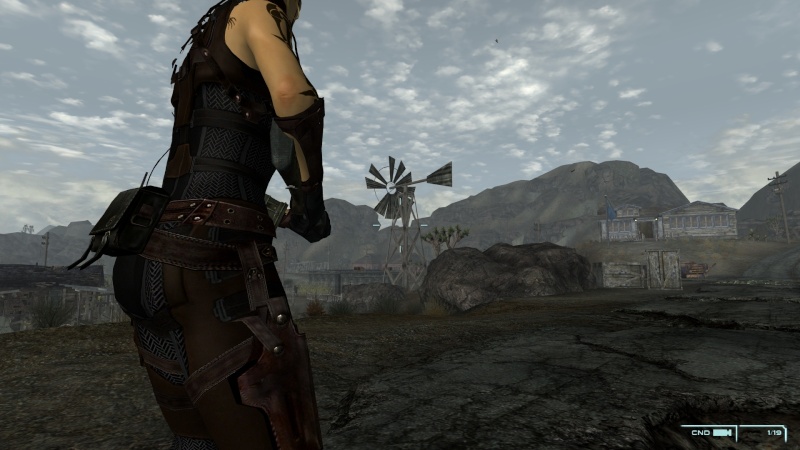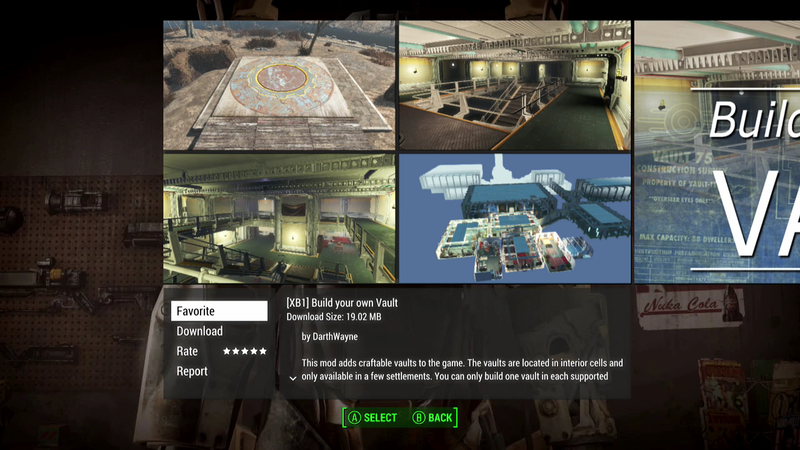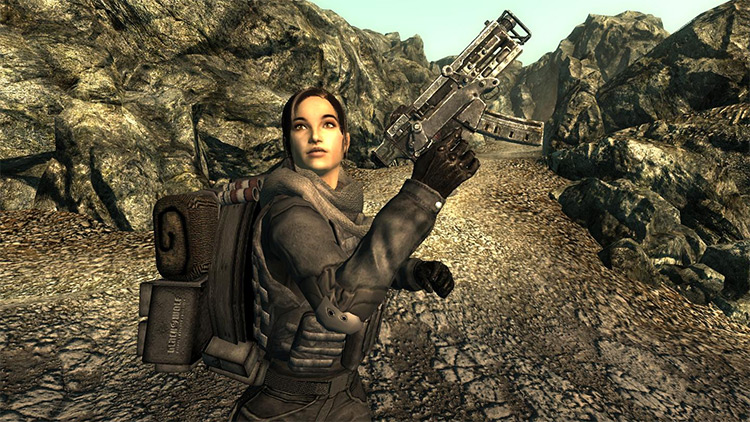
The second half is much improved, with a vocally unrecognisable John-Rhys Davies turning in a heck of a performance as Hades, who represents the single most powerful foe the League’s dealt with to this point. For instance, the bit in the opening credits where she’s confused by the modern fashion / cosmetics in a department store is interesting, but it’s virtually repeated in the deserted mall in a scene with Superman at the end of part one. I’m all for attempting to characterize Diana, but frankly Hippolyta gets more meaningful moments in her limited screen time than Diana does. The first part in particular is like something out of an old GI Joe episode with the League dashing around the globe to retrieve parts of a mystical artifact, but beyond the entertaining gag of Flash getting his piece from within a South American temple in about ten seconds it’s a couple of meaningless fight scenes and not much more. The story’s good, but the big problem with this episode is that there just isn’t a lot of meat to it, beyond making it clear that Diana still isn’t comfortable in Man’s World. This is all set against Wonder Woman realizing that she should probably try and re-connect with her mother, although obviously by the end of the episode Hippolyta is more distant from her than ever.īut… it doesn’t really work. In this case, it marks the first such threat faced by the Justice League in this series, with a smaller bad guy, Felix Faust, followed on by a full-on demonic god. Let’s just get to the episode.Īs noted above, Wonder Woman is sort of the go-to superhero of the JLA when it comes to all things magical or mythological. Of course, smarter people than I have tried and failed to figure Wonder Woman out. Female where most are male, mythological while most are sci-fi, political while most are not. Then again, maybe that’s Wonder Woman’s problem – she’s great in contrast with other heroes. I’ve often thought that a more detailed examination of that part of her duties would be a better direction to take her than a traditional superhero Greg Rucka sort of went that way, but his storyline kind of drifted off-base.

Although her “ambassador” status isn’t used frequently in Justice League – it’s touched on later in JLU – it does give Wonder Woman one of her better character hooks, namely that she’s more a part of the global political scene than her fellow JLAers, who are more apolitical (and American). The origin used in the animated version, which is explored thoroughly for the first time in this episode, is that Diana is the product of a miraculous conception, sculpted by her mother from clay and granted life by a deity, and journeys to “Man’s World” as a sort of ambassador with the power to beat peace into people. However, once the weird self-contradictory nature of Wonder Woman’s early years is taken away (which took a good long while, including a very awkward period where DC just threw up their hands and turned her into Emma Peel), she does represent a type of hero distinct from Batman and Superman: the mythologically-based. Wonder Woman, justifiably referred to as the third member of the “Big Three” of comics, was created by the man who invented the polygraph as a means of increasing the educational quality of comic books, and was intended to be a strong female hero, yet somehow wound up in bondage on every cover (Marston stated that he wanted to create a hero that men were supposed to submit to, which is odd considering what was actually produced). Batman is the next obvious step in the development of the pulp hero in the aftermath of heroes like The Shadow and The Crimson Avenger. Superman was created by a pair of kids from Cleveland and Toronto who were influenced by science fiction.

The DCAU version is my favourite version of her, but at the same time, she’s certainly less interesting than every other JL member featured in this series. It’s not that I’m biased against female heroes or anything – for crying out loud, have you seen how much I plug Manhunter in these background pieces? – it’s just that Wonder Woman simply hasn’t ever interested me as a character. True confession time: I really don’t care much for the character.

This episode is the start of the writers’ characterisation of Wonder Woman. Other team members: Batman, Superman, The Flash, J’onn J’onzz Returning Characters that I think I forgot in “Secret Origins”: Hippolytaĭebuting Characters: Lord Hades, Felix Faust
#Fallout 3 mods for xbox one free
Unfortunately, the master sorcerer Felix Faust is waiting for her, and in order to free her mother Diana faces the prospect of freeing Lord Hades from imprisonment in the Underworld. Summary: Wonder Woman is having trouble adjusting to life in Man’s World, and returns home to re-unite with her mother. Original Airdates: January 21st & 28th, 2002


 0 kommentar(er)
0 kommentar(er)
